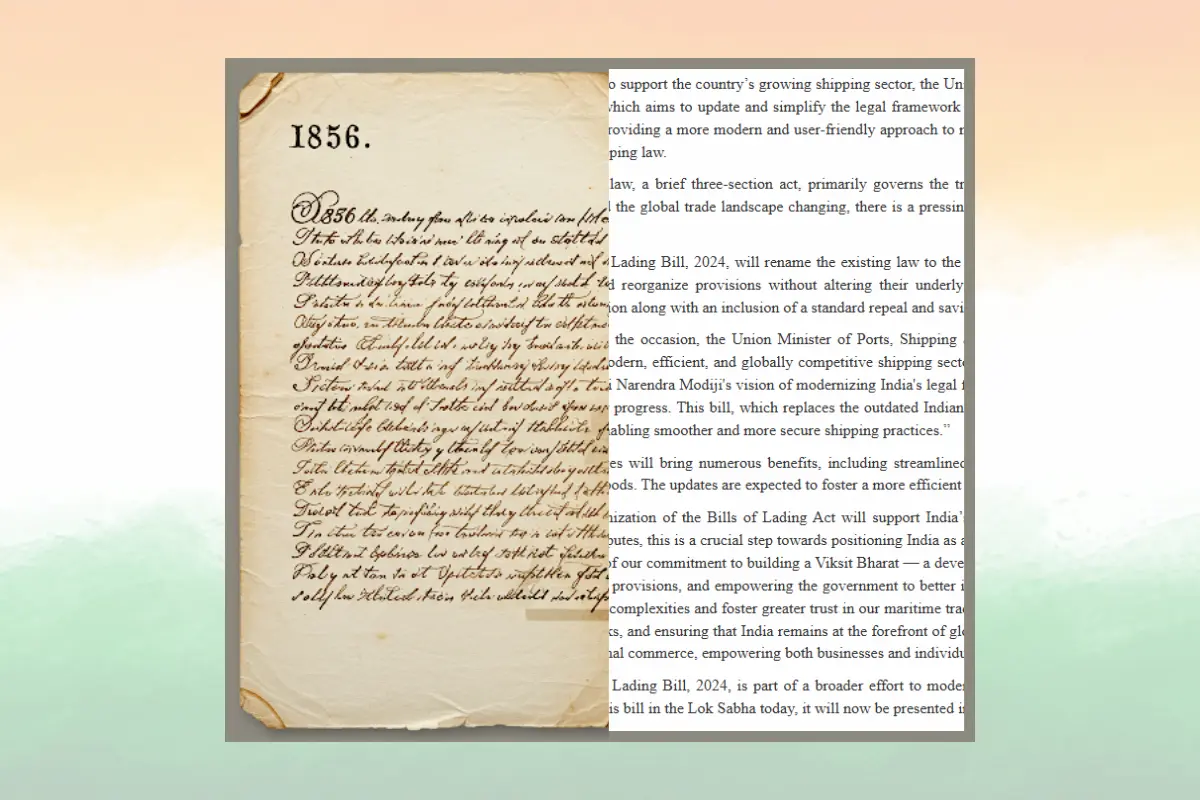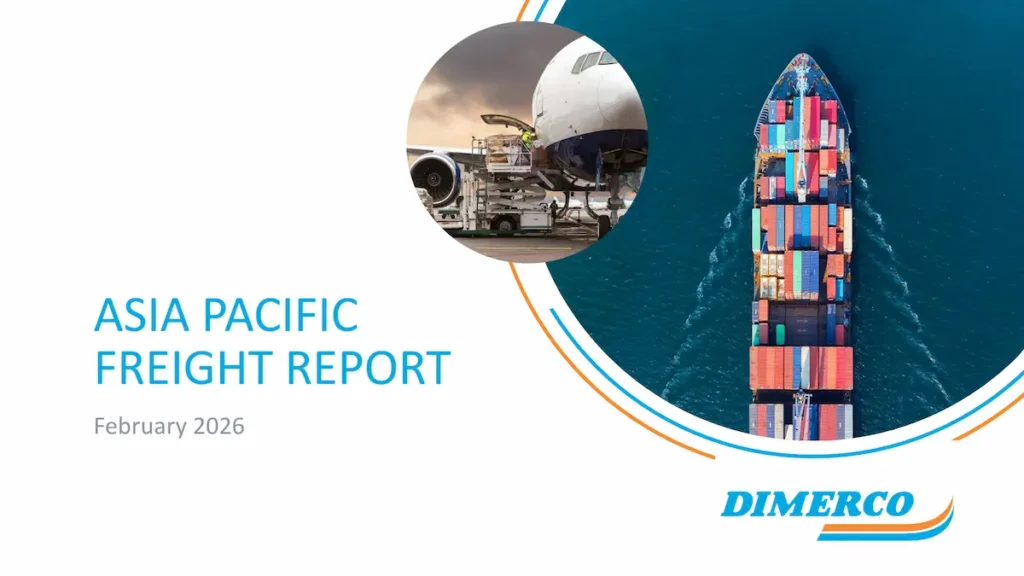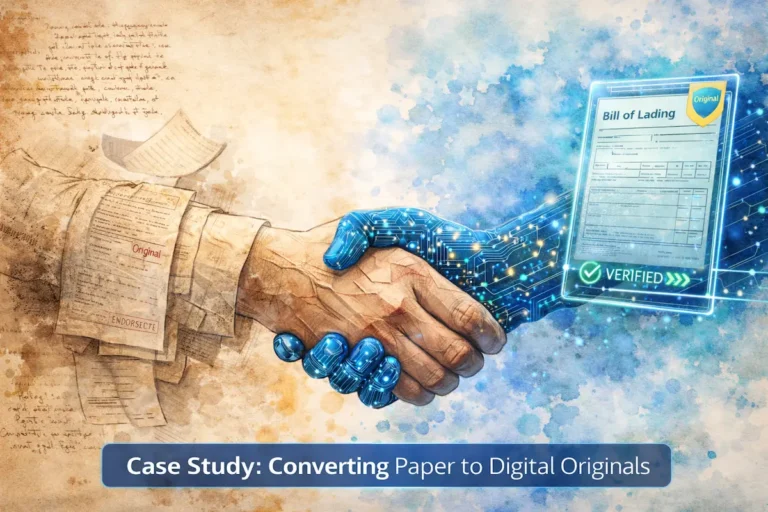In a landmark move to modernize its shipping laws, the Indian Lok Sabha (Parliament) has passed the Bills of Lading Bill, 2025, replacing the 169-year-old Indian Bills of Lading Act, of 1856..
This legislative overhaul is part of a broader initiative by the Indian government to update archaic colonial-era laws, align them with modern international shipping standards, and streamline business processes in the maritime sector.
The bill of lading is a fundamental document in global trade and maritime commerce, serving as a receipt of goods, evidence of contract of carriage, and a document of title..
The Indian Bills of Lading Act, of 1856, though functional, was outdated in its structure and legal language, making it increasingly difficult for modern businesses to interpret and apply effectively..
The new Bills of Lading Act, 2025, is set to bring clarity, accessibility, and efficiency to shipping documentation, ensuring that India’s maritime laws remain relevant in an evolving global trade landscape..
Speaking on the passage of the bill, Union Minister of Ports, Shipping & Waterways, Shri Sarbananda Sonowal highlighted the significance of this reform, stating:
“The passing of the Bills of Lading Bill, 2025, in Parliament is a significant step in fulfilling Prime Minister Shri Narendra Modiji’s vision of modernizing India’s legal framework, making it more relevant, modern, accessible, and free from colonial legacies that have long hindered our progress.”
This modernization effort introduces several key changes to the existing law.. The language has been simplified, ensuring that stakeholders across the shipping industry—shippers, carriers, and legal entities—can easily understand their rights and obligations..
The provisions have also been restructured, making the act more coherent and practical without altering its fundamental principles..
Additionally, the Central Government has been empowered to issue directives for the effective implementation of the law, enabling it to adapt to future changes in global shipping regulations..
The move is expected to bring numerous benefits to the industry.. A clearer and more organized legal framework will lead to faster dispute resolution, reduced litigation risks, and improved transparency for all parties involved in trade and shipping..
With a well-defined structure, India is set to become more competitive in global maritime commerce, ensuring smoother and more reliable shipping practices..
Minister Sonowal emphasized that this transformation is not merely a legal update but a statement of India’s intent to position itself as a leader in global maritime trade.. He added:
“The modernization of the Bills of Lading Act will support India’s growing role in global trade, making it easier for businesses to navigate shipping processes while reducing disputes. This is a crucial step towards positioning India as a global leader in maritime commerce.”
The bill is now set to be introduced in the Rajya Sabha, after which it will require the President’s assent before becoming law..
Once enacted, this new framework will help streamline shipping documentation, improve legal clarity, and create a more business-friendly environment for domestic and international trade partners..
India’s shipping sector plays a vital role in the country’s economy, and modernizing its legal framework reflects the government’s broader vision of building a Viksit Bharat—a developed India that is no longer bound by outdated colonial structures..
There are also indications that work is in progress in considering the adoption/compliance of MLETR which would further accelerate trade digitalisation in the world’s 5th largest economy..
By ensuring that maritime laws evolve in tandem with global trade practices, the Bills of Lading Bill, 2025, is expected to enhance efficiency, trust, and economic growth in India’s shipping industry for years to come..













